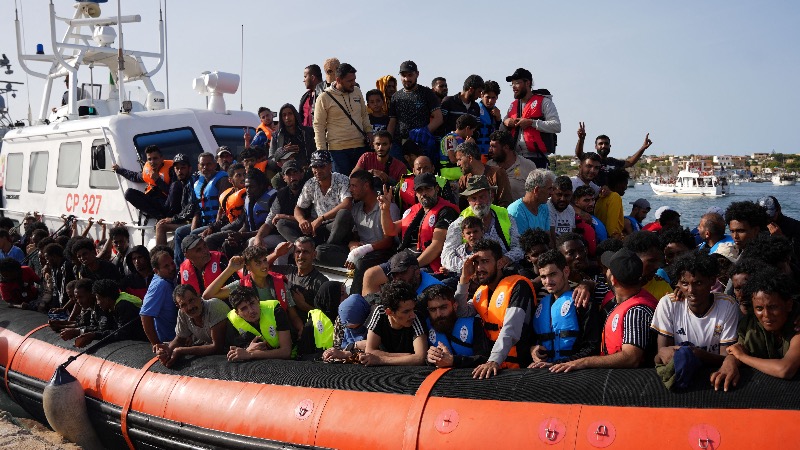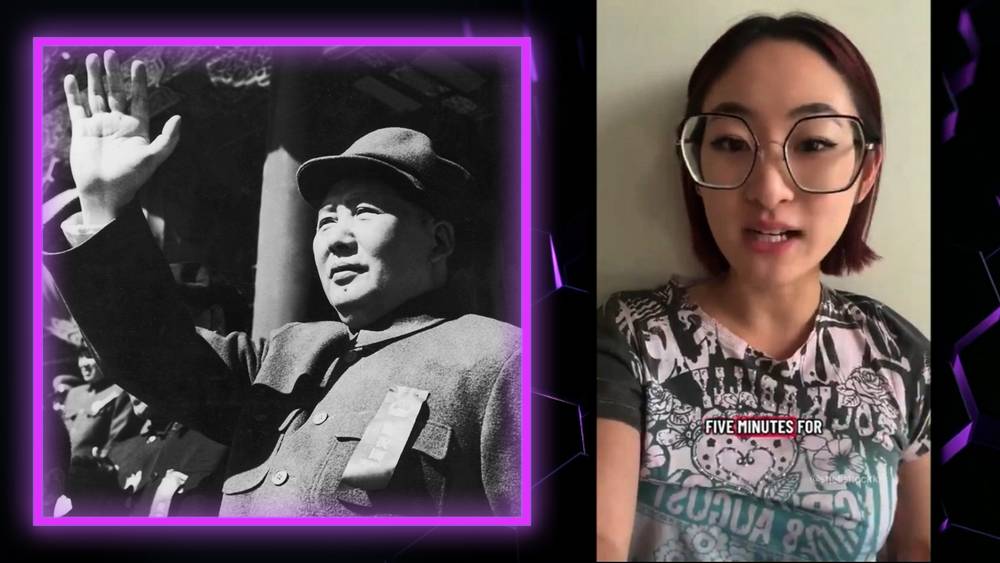The President of El Salvador Nayib Bukele torched a BBC reporter who questioned his successful tough-on-crime policies.
During a press conference Tuesday, the BBC reporter asked Bukele if he was concerned with human rights organizations’ criticisms over his crackdown on crime.
Bukele proceeded to slam the reporter for suggesting he follow a one-size-fits-all crime strategy tried in other nations, noting those methods have consistently failed and result in soaring crime, unlike his own heavy-handed approach which has turned El Salvador into one of safest countries in the Western Hemisphere.
Check out the exchange going viral on social media:
President Bukele nukes a BBC reporter for criticizing his tough crime crackdown in El Salvador: pic.twitter.com/omXu8NXs6q
— End Wokeness (@EndWokeness) February 21, 2024
Read a transcript of some of Bukele’s remarks to the reporter below:
Do you expect that we, because we’re Salvadorans or something, because we’re second-class citizens or something, we have to die? They have to kill our families? They have to kill our children? They have to… because your liberal ideas of what a democracy should be have to be respected, and since we’re not using your recipe, then we have to be killed, we have to let their children be killed, we have to let the bloodshed go on for 50 years because of imported policies from your countries. Because your countries’ electors — in the ’80s, the war you had, a fight with the Soviet Union, had nothing to do with us. What did you do? You financed El Salvador to fight a war between us, between brothers… and we killed each other, and 85,000 Salvadorans died.
After that, a million displaced, they went to the US, into ghettos, they formed the gangs, then they deport the gangs, gangs come here, you send us another recipe, law to [not] arrest minors. Okay, but all the gang members were minors at the time, so gangs grew, and then they terrorized the country, they started killing people, and we became the murder capital of the world. Nobody could solve it.
We took the recipes from the OAS, we took the recipes from the UN, we took the recipes from the European Union, we took the recipes from the United States. None of the recipes worked. More bloodshed, more people were dying. So what do we do? Okay, we do something, and we save people, and now we’re the safest country in the Western Hemisphere. But suddenly something’s bad. Oh, but you shouldn’t do that, you should do what I think you should do. Why? If, not only we have the right to do what we think it’s right and what the Salvadorian people are going to decide whether or not they want this in free elections, but also we’ve proven it works, and you haven’t proven that your system works in our country. It might work in yours; I don’t know, but it doesn’t work in ours.
The El Salvadoran president continued:
El Salvador was turned from the most dangerous place in the world to the safest in the Western Hemisphere. That’s not a small feat, and that’s not done easily, and nobody in the world has ever done it before so fast and so clean as we have done it here, with no civilian casualties. So I don’t know. I know it’s different. I know the numbers from the UK and ours will be different for maybe a couple of decades, but we’re doing our best here, and we’re really trying, and the Salvadorian people today are going to vote freely in free and fair elections and in full democracy and choose their own path.
Bukele posted the full video of his epic response to the BBC reporter’s question on his YouTube channel:




